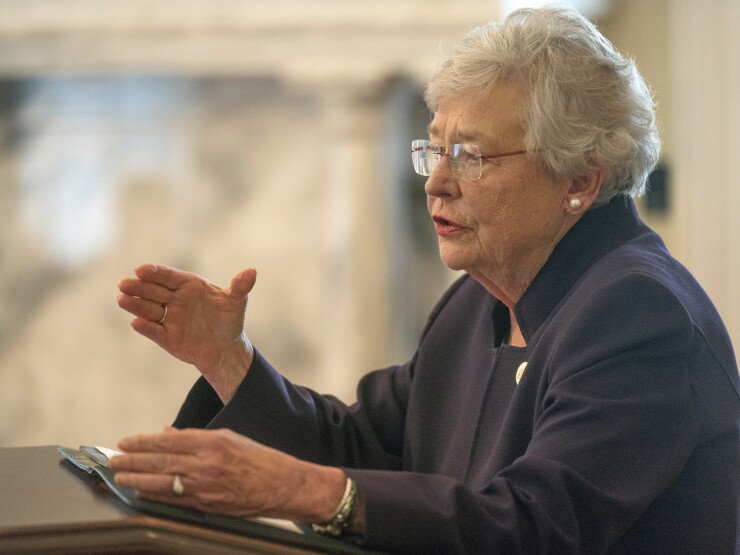Facing the possibility of being sued by the federal government for constitutional violations of inmate rights, Alabama plans to use public-private partnerships to step up the construction of three new state prisons estimated to cost $900 million.
The state is

The concessionaires are expected to purchase and own the land for the prisons, and to enter 50-year public-private partnership contracts with the state, the Alabama Department of Corrections said in a 41-page request for qualifications.
ADOC said it will lease the three facilities using an availability payment structure, according to the RFQ. Firms must tell the state what kind of financing they plan to use, such as bonds, and if the funding source will be via a private placement, public offering, or bank loan.
“Time is of the essence with regards to the timeline for the completion of the facilities,” the ADOC said, adding that it “intends to notify qualified firms in or around mid to late August 2019.”
The state said it plans to release a request for proposals in August or September.
The procurement calls for building two prisons, each to house 3,072 male inmates, and a third facility that will house 3,960 male inmates.
ADOC said all three development teams will be selected at the same time, and that it plans to reach financial closing on building the largest prison by the end of the first quarter of 2020. The agency expects to break ground on the facility in mid‐2020.
In April, the Department of Justice notified Gov. Kay Ivey that its attorneys had reason to believe that Alabama’s prisons routinely violated the rights of prisoners “by failing to protect them from prisoner-on-prisoner violence and prisoner-on-prisoner sexual abuse, and by failing to provide safe conditions.”
The DOJ said the suspected violations were exacerbated by “serious deficiencies in staffing and supervision and overcrowding,” and that it would later determine if a lawsuit would be filed.
ADOC’s request for qualifications says the state’s goal in building the three new prisons “is to provide safe, secure, and constitutional incarceration.” The state is asking developers to “incorporate innovative features” in the facilities that will have a positive effect on Alabama’s recidivism rate.
In 2014, the Southern Poverty Law Center and the Alabama Disabilities Advocacy Program filed a class-action lawsuit against the state contending that the poor level of mental health care provided to prisoners violated the Eighth Amendment, which prohibits cruel and unusual punishment.
In May, U.S. District Judge Myron Thompson ruled in the case that the Alabama prison system failed to prevent inmate suicides and ordered the ADOC to take steps to address “severe and systemic inadequacies.” The suit is ongoing.
Ivey announced in April that five firms had answered the state’s request for “expression of interest” in building three prisons. The responding companies are CoreCivic, Corrections Consultants LLC, Plenary, Provident Resources Group, and Star America.
For the RFQ process, Ivey said the state is taking responses from all firms interested in demonstrating that they have the financial capacity and technical expertise to build the facilities.





